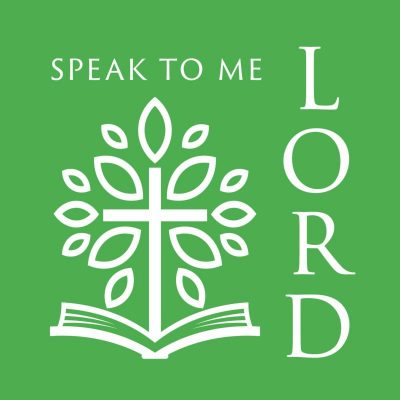Seventh Sunday in Ordinary Time
First reading: 1 Sm 26:2, 7-9, 12-13, 22-23
Responsorial Psalm: 103:1-4, 8, 10, 12-13
Second reading” 1 Cor 15:45-49
Gospel: Lk 6:27-38
By Jem Sullivan | Catholic News Service
Jesus’ command to “love your enemies, and do good to those who hate you,” is among the most demanding sayings of the Gospel. Forgiving those who hurt us is a challenge enough. Yet Jesus asks his disciples, and us, to go beyond forgiveness to love of enemies.
We might wonder whether it’s realistic or even humanly possible to do what Jesus asks. How do we live this call of Jesus?
To live the meaning of Jesus’ words is possible only in the power of divine grace and the strength of the Holy Spirit. When we live our new life in Jesus, given us at baptism, we can do what seems humanly impossible — to love enemies and go above and beyond by doing good for them.
Jesus lived his words on the cross when he forgave those who falsely condemned him. Jesus showed his disciples that forgiveness born of love is stronger than hate. From the cross, Jesus’ most profound lesson was that forgiveness is not a sign of weakness but the most powerful manifestation of God’s love.
This way of forgiveness reflects who God is and how God acts toward us. So, Jesus’ call is an invitation to imitate his example of divine forgiveness and mercy that transcends the limits and calculations of human forgiveness and mercy.
The saints also show that it is possible to live the words of Jesus. Take Cardinal François-Xavier Nguyen Van Thuan, who was imprisoned, tortured and sentenced to solitary confinement for years by communist authorities in Vietnam.
In his writings, he describes the agonizing pain of isolation and abandonment as he endured the harshest conditions his enemies created for him. His consolation was to recite from memory the psalms and prayers of the church. At the risk of being uncovered, he even managed to celebrate the Eucharist in prison!
The saintly archbishop also discovered the liberating power of love and forgiveness that transforms the hardest of hearts. He befriended many of his captors and he freely and willingly loved and forgave his enemies.
And when a prison guard could not believe that he could truly forgive and love him, the archbishop reminded him that Jesus taught him to love everyone, even enemies. If he didn’t forgive and love his captors, he was no longer worthy to be called a Christian!
In the first reading, David reveals his heart of forgiveness in a dramatic encounter with Saul who he finds asleep. On several occasions Saul had tried to kill David, who is now given an opportunity to exact vengeance. Instead, David refuses to harm Saul and opens the higher path of forgiveness and love.
The psalmist tells us that human forgiveness mirrors divine forgiveness for, “merciful and gracious is the Lord, slow to anger and abounding in kindness. Not according to our sins does he deal with us, nor does he requite us according to our crimes.” Today may we seek the grace to forgive as God forgives, as we pray, “speak to me, Lord.”
Reflection Question:
How does Jesus call you to imitate his example of forgiving love?
Sullivan is a professor at The Catholic University of America.






















